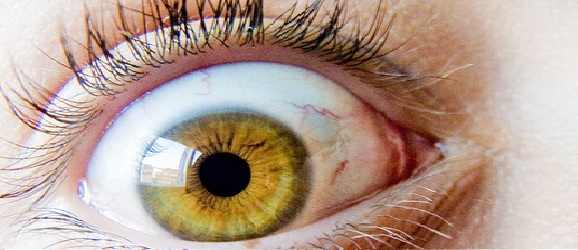Origins of Eyesight Discovered
This article is more than 2 years old

Back when I didn’t understand evolution all that much, one of the more intriguing aspects to me were those arguing against it based on the supposed unlikelihood of something so complicated as an eyeball being a product of evolutionary traits. Of course, I now realize how ridiculous it is to even consider that an argument instead of uninformed straw-grabbing, but the study into the origins of sight is very much an ongoing and interesting process, and we’re now able to see its past better than ever before.
According to a study posted in the Proceedings of the National Academy of Sciences, Dr. Davide Pisani of the University of Bristol’s School of Earth Sciences presented computer models that formed a timeline that could prove that the foundations of vision may have evolved as far back as 700 million years ago, earlier than previously believed. This presents the far less scientific argument that goes something like, “Why would anything grow eyeballs 700 million years ago? There wasn’t even anything to look at.”
Opsins, not to be confused with the indie rap artist Hopsin for obvious reasons, are proteins in the retina that make up one of the visual pigments sensitive to light. Pisani, along with colleagues from the National University of Ireland Maynooth, performed a computational analysis that sorted through and tested every available hypothesis of opsin evolution. Included are all genomic data from all relevant animal histories, which probably just means “marine life and Cyclops.” The Oscarella carmela, a newly sequenced group of sponges, made the cut, as well as the Cnidarians, such as certain coral and jellyfish, which are thought to have developed the world’s earliest eyes.
So, now we know when we first saw the light. And because it was found to have originated in a common ancestor among all animal groups, there’s no reason for anyone to continue arguing that human eyes and bat eyes couldn’t possibly have come from the same place. Because they can, and they did.












